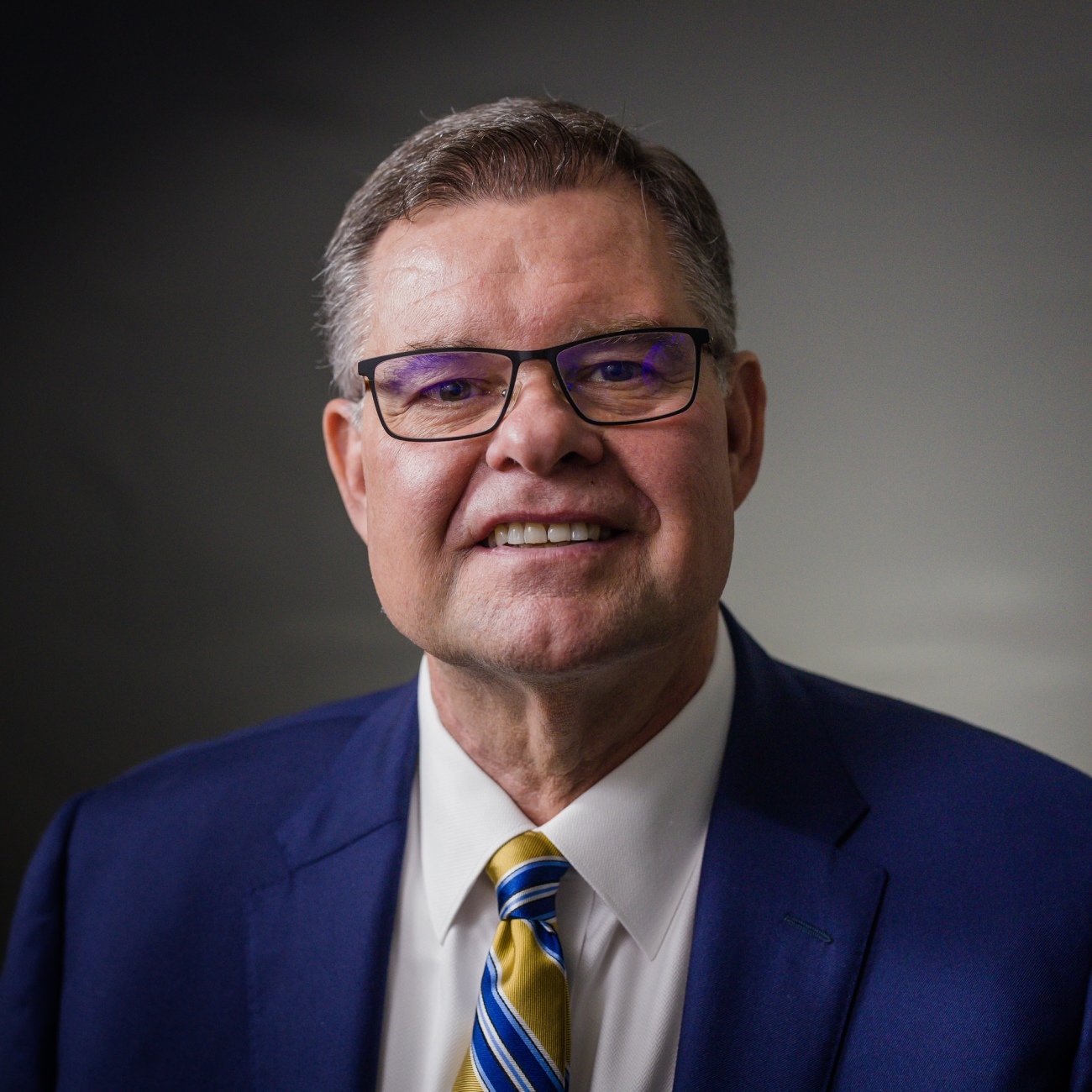Pastor Bob Roberts
Dr. Bob Roberts Jr. is a pastor and renowned bridge builder who has dedicated his life to promoting and advancing religious freedom, peacemaking and civil engagement. He is the founder of GlocalNet, a ministry dedicated to mobilizing the church to bring about transformation in the public square, co-founder of the Multi-Faith Neighbors Network (MFNN), an organization committed to promoting religious freedom through intentional cross-cultural relationships, and newly appointed president of the Institute of Global Engagement (IGE), an organization that catalyzes freedom of faith worldwide so that everyone has the ability to live what they believe.
With decades of experience in peacemaking and international religious freedom, Dr. Roberts’ groundbreaking work has earned him respect and recognition from the United Nations, U.S. Department of State, World Economic Forum, ambassadors, international royal families, and policy leaders worldwide. His impressive contributions were honored by The White House in 2022 when he and the MFNN co-founders received the Uniter Award for their inspiring grassroots bridge-building work across faith groups throughout the US.
For over 30 years, Dr. Roberts led Northwood Church near Dallas, Texas, where he is now the Founding Global Pastor. He is also a prolific author of six books and the host of the Bold Love podcast, where he shares stories of his journey and encouraging people to boldly love their neighbors.
Dr. Roberts holds a Doctorate of Ministry from Fuller Theological Seminary, a Masters of Divinity from Southwestern Baptist Theological Seminary, and a BA from Baylor University.



